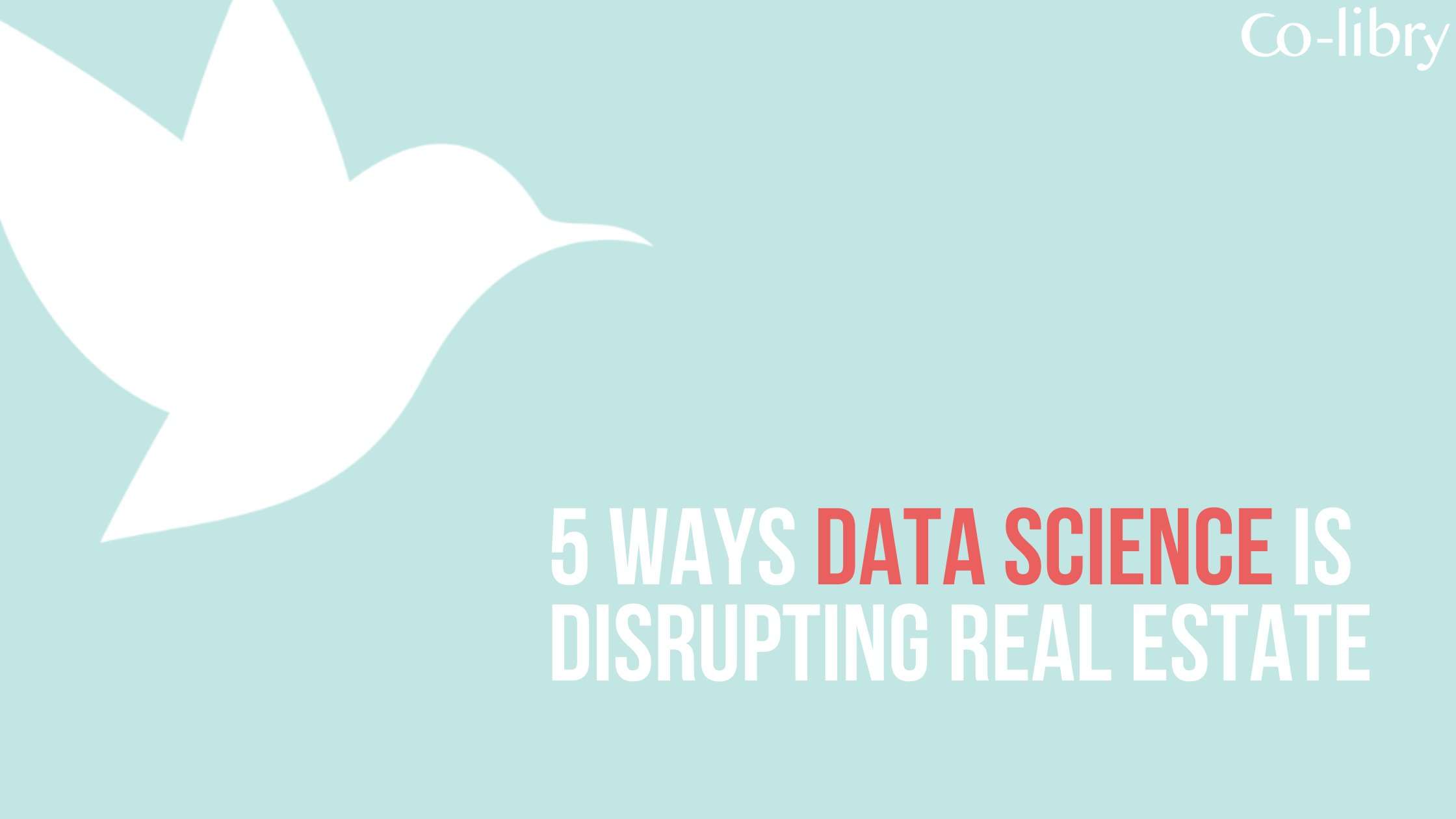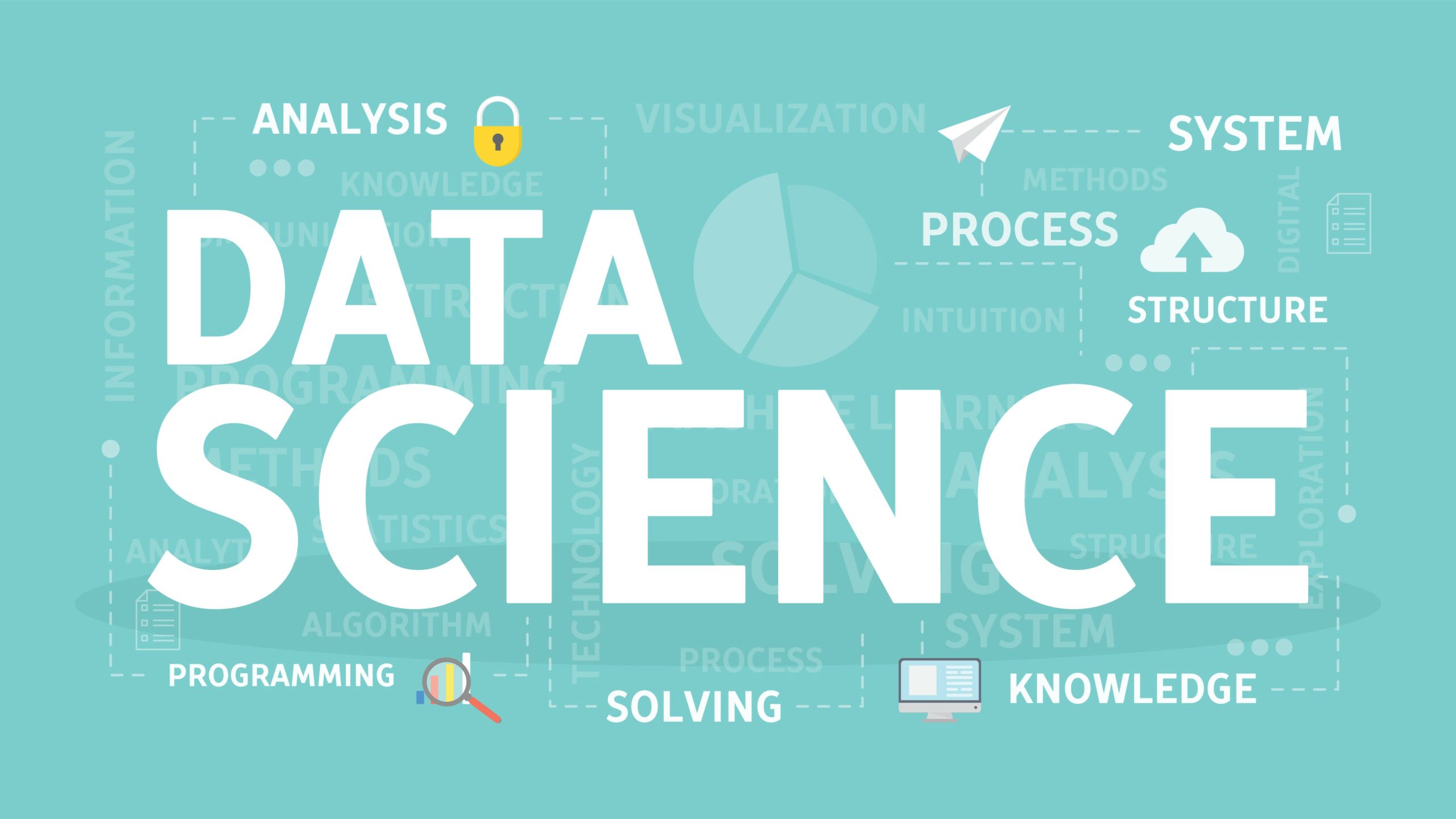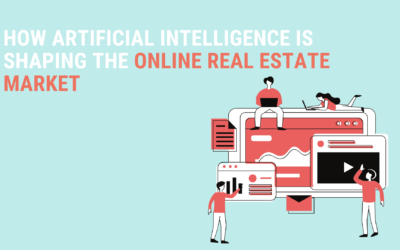When Real Estate Meets Data Science – 5 Ways Data Science Is Disrupting Real Estate
27 october 2020 | 4 min read

The real estate industry is primed for disruption by AI and data science. As a traditional industry, real estate has often been slow to adopt emerging technologies, but not anymore. In the rapidly advancing technological world we live in, we see more and more real estate companies embrace data science every day.
In the KPMG Global PropTech Survey, a massive 49% of participants said that artificial intelligence, big data, and data analysis will have the most significant impact on the real estate industry long term, compared with other technologies. It’s clear that there’s a drive for these technologies in the industry, and this drive is sparking action. However, knowing how to get there and where the industry should focus their efforts is a different story. Today we’re going to look at the innovative ways that real estate data science is being utilized to usher in a better future for both property companies and their consumers.
What Is Data Science?
Put simply, data science is the art of extracting insights and meaning from data. Today, we generate a truly staggering amount of data every day, and the number keeps increasing exponentially. By analyzing the data we generate, we can uncover patterns and trends that empower us to make better decisions and improve products and experiences. Data science approaches this analysis by utilizing statistics, mathematics, computer science, data mining, machine learning, and more.

The Challenges of Applying Data Science to Real Estate
Embracing new technologies always presents challenges and involves overcoming obstacles. As both a broad and traditional industry, real estate has always struggled to lead the way in adopting emerging technologies. Many things are still done manually in real estate, and a lot of data is still in a physical form (paper documents). However, over the last five years, there’s been a real shift towards embracing data science in the sector.
Forward-thinking real estate companies today are already using data science. For example, property matching online software uses data science to determine if a property is a good investment match for customers. This software’s models use various data sources, including public data, market information, price/square meter, neighborhood quality, and more. This is just one of the ways data science is being used to improve the industry. Now, let’s look at some more.
5 Ways to Apply Data Science to Real Estate
Investing and Property Price Indices
Avid investors want to base their decision on high-quality data and insights, and data science is the foundation of this practice. As data science advances, investors will be able to make highly accurate predictions for the properties they invest in and make more profitable choices.
Traditionally, these decisions have been driven by historical property prices, the area’s quality, and proximity to high-value local features like grocery stores, schools, and parks. However, properties within a region can still vary widely, making accurate predictions challenging – but not with data science.
Data science methods can use large data sets that go beyond the traditional data and bring in each property’s individual characteristics. It can factor in property characteristics and demographics (among other things) to create granular sub-market indices. It can go right down to predicting property returns in specific postal districts.
Property Valuation
Property valuation can be resource-intensive and time-consuming since it requires people. However, recently, automated property valuation has started to take off, and we expect this to become even more popular in the next few years. The software works by harnessing key data about the property to produce an estimate of its market value. There are several benefits to moving to an automated system for property valuation:
- Customers get a fair and accurate price based on real market data.
- The AI and Machine learning algorithms behind the software pick up on critical trends that could be missed by people.
- Customers get an instant answer. There’s no waiting around.
- Real estate companies can save money and free up time for other activities.
Better Forecasting
In a world without crystal balls, forecasting is a serious business. Time series forecasting helps us understand where property markets are heading in the future. Data science models can now use gargantuan amounts of data from hundreds, if not thousands, of different data sources in their forecasting efforts. The result of these advancements will be better investments, developments, and greater financial returns.

Analyzing Property Differences in One Area
Everyone knows that real estate performs differently in different locations. You can expect to pay a premium for a penthouse apartment in New York but can pay less for much more space in Wyoming, for example. However, analyzing real estate is far more complex than simply looking at one area vs. another. Sometimes properties within a neighborhood can perform very differently. Exploring these differences is called cluster analysis, and data science is helping uncover its mysteries.
Location Analysis With Geographic Information Systems (GIS)
GIS mapping software helps us make sense of location and how it sway property prices. Since location is one of the most critical factors in real estate, it stands to reason that mapping software is also crucial.
Data science is being heavily utilized in this area to gather as much information as possible about locations to create highly detailed maps. It can also be used to provide customers with answers on things like how long their commute will take or whether there are other properties in the area that will be a good match for them.
What Role Will Data Science Play in the Future of Real Estate?
There’s no doubt that data science and all of its related fields will play a massive role in shaping the real estate sector’s future. With AI, machine learning, IoT, and automation becoming more advanced and widespread by the day, exciting changes are just around the corner.
Real estate companies will be able to use complex behavioral data and customer preferences and interests to suggest the ideal property to each customer. If the customer likes this property, they will be able to walk around it virtually using their smartphone. They will even be able to change features about the property on the fly, for example, the colors of the walls and the type of flooring, all through an app or website.
If you want to read more about how emerging technologies disrupt the real estate sector, check out our other articles to delve into AI, automation, and machine learning.
Increase Your Revenue with Personalized Advertisements
Typically, portals have low conversion rates, and revenues are based on regular marketing campaigns. This is where we come in. We allow you to run several marketing campaigns simultaneously (e.g., loan for investors, loan for first time buyers, bathrooms, kitchens, moving ads). And we show only the most relevant content (listings and ad campaigns) to a specific user.
Want to see this in action? Here is one of our case studies where we tested a bank advertising campaign on a real estate portal.
When done right, third party ads can boost revenues and improve the customer experience. According to Harvard Business Review, there’s a 38% revenue growth of the product when customers receive transparent ads based on their activity on a site. It turns out, customers do like ads; they just only want to see the best and most relevant ads for their situation.

AI and personalization made easy
Schedule your call today!


How House Alerts Help To Obtain Higher Click-Through Rates
Thanks to house alert systems, you can quickly inform potential buyers when new properties that match their criteria show up. Here is a step-by-step guide that will show you how you can retarget potential customers and help them find the house of their dreams.
Two Unique Dashboards That Will Help Your Real Estate Agents Close More Deals
Being successful in sales is about knowing your product inside out and knowing everything there is to know about your customer. Luckily, it’s easier to achieve these two goals today than ever before by using some unique dashboards. Read everything about it here:
How Artificial Intelligence is Shaping the Online Real Estate Market
Now in 2021, the message is clear; AI is here, and it’s here to stay. But what impact does this technology have on the real estate market? Read everything about it in this article



